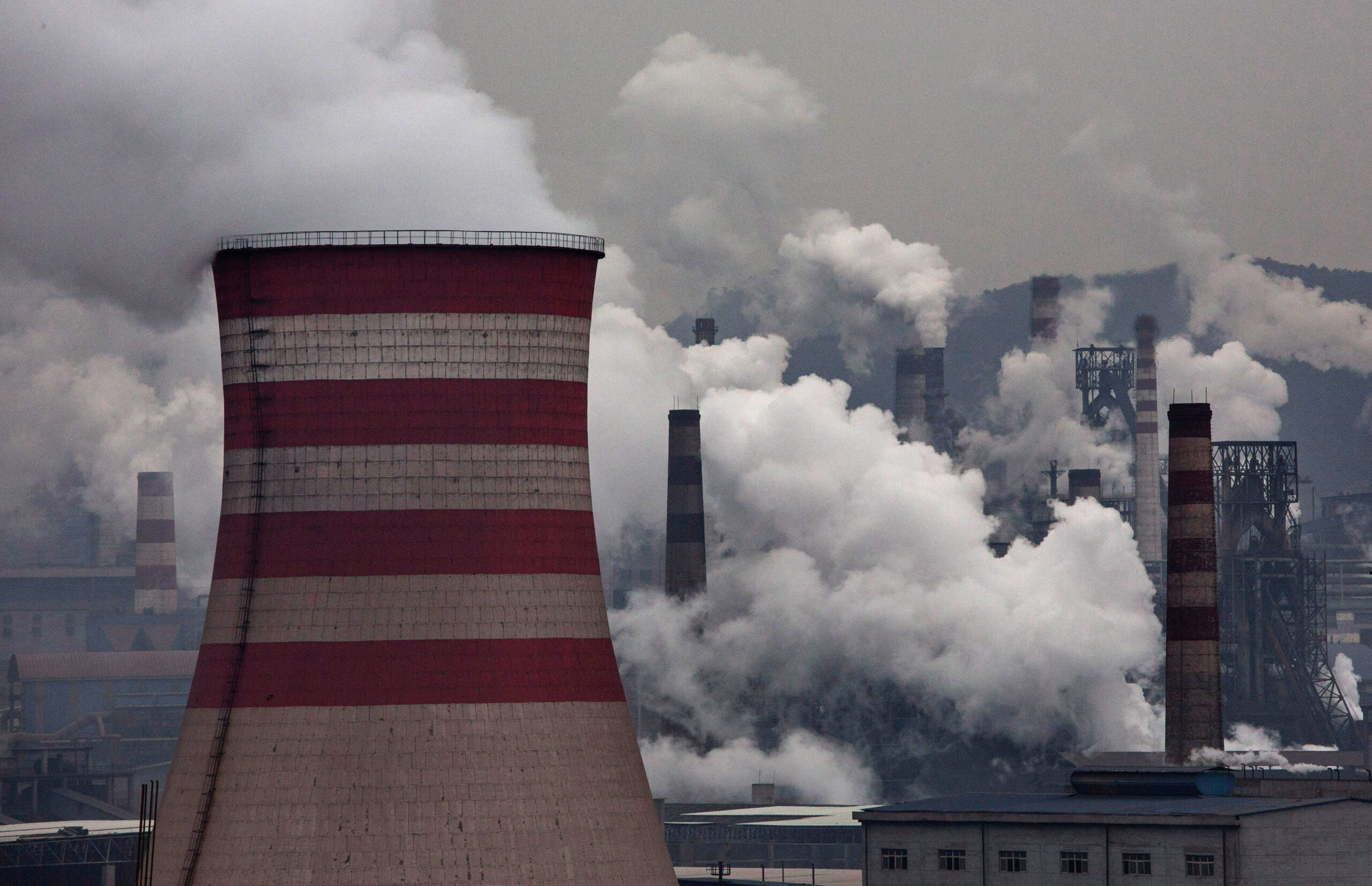
SINGAPORE, Feb 22 (Reuters) – China approved another 114 gigawatts (GW) of coal power capacity in 2023, up 10% from a year earlier, with the world’s top carbon polluter now at risk of falling short on climate targets after sanctioning dozens of new plants, research showed on Thursday.
In an effort to bring climate-warming emissions to a peak by 2030, China has vowed to “strictly control” new coal-fired generation capacity, and has also connected record numbers of new wind and solar plants to its grid.
But after a wave of electricity shortages in 2021, China also embarked on a coal power permitting boom that could slow its energy transition, according to analysis by U.S. think tank Global Energy Monitor (GEM) and the Helsinki-based Centre for Research on Energy and Clean Air (CREA).
China has approved 218 GW of new coal power in just two years, enough to supply electricity to the whole of Brazil.
Construction started on 70 GW of new coal plants last year, up from 54 GW a year earlier, with another 47 GW going into operation, up from 28 GW in 2022, the analysis said.
“Drastic action” is now required to meet 2025 carbon and energy intensity goals, and China could also struggle to meet a target to raise the share of non-fossil fuels in its total energy mix to 20% by 2025, it added.
China has pledged to start cutting coal consumption over the 2025-2030 period, but developers are building as much new capacity as they can before 2025, they said.
China’s total power capacity is already sufficient to meet demand, but its inefficient grid is unable to deliver electricity where it is needed, especially across provincial borders, encouraging more plant construction.
CREA has previously forecast that China’s carbon emissions will fall this year, with utilisation rates at coal plants likely to drop significantly as more clean energy is connected to the grid.
“This risks significant financial problems for coal power plant operators and potential pushback against the energy transition,” said Lauri Myllyvirta, CREA’s chief analyst.
“This contradiction will have to be resolved in order for China to realise the emission reductions needed to get on track to carbon neutrality.”
Source: REUTERS
